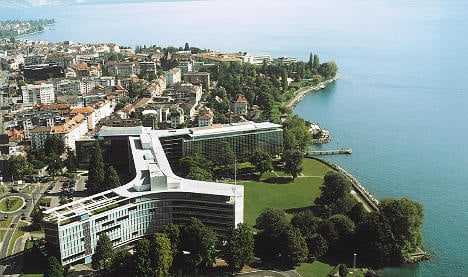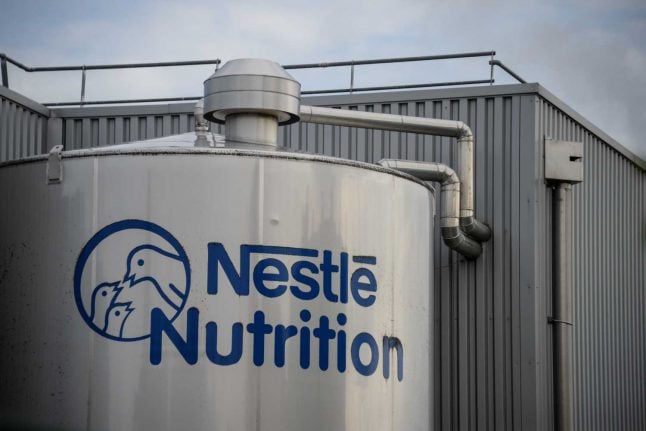NESTLE
Nestlé sees huge gains in poor countries
The world's biggest food company Nestlé says it expects to generate more than half its sales in emerging markets, including India and China, by the end of the decade.
Published: 5 November 2012 19:05 CET

The food giant's headquarters overlook Lake Geneva in Vevey (Photo: Nestlé)
The Switzerland-based giant said on Monday that developing markets currently contribute 40 percent of its global sales.
"Our expectation is that by the end of the decade that (figure) will reach 50 percent," Nandu Nandkishore, Nestle zone director for Asia, Oceania, Africa and Middle East told AFP in New Delhi.
Nandkishore was in the country ahead of the opening of Nestlé's first research and development centre in India, located in Manesar, a town close to Delhi.
Nestlé's India operations currently contribute just a fraction of the company's global sales but Nandkishore said he was upbeat about the country's long-term potential.
As India, a nation of 1.2 billion people, becomes an increasingly urban society, domestic demand for processed foods will grow, he said.
Nestlé's world headquarters are in Vevey, in the canton of Vaud.
Url copied to clipboard!


 Please whitelist us to continue reading.
Please whitelist us to continue reading.
Member comments